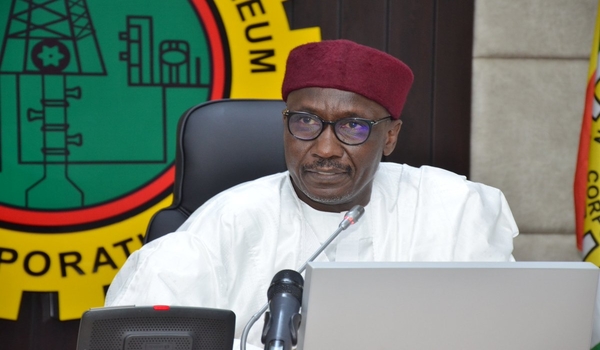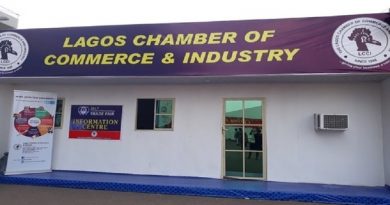NNPC explains how substandard fuel was imported into Nigeria, assures supply
The Nigerian National Petroleum Company (NNPC) Limited has disclosed the names of companies it said were responsible for importing adulterated gasoline into the country.
The NNPC, which manages fuel imports through the government’s direct sale and direct purchase suppliers, said on Wednesday that the fuel came from Antwerp, Belgium.
He listed the providers as MRS, Oando, Duke Oil, and Emadeb/Hyde/AY Maikifi/Brittania-U Consortium.
The government said it found methanol in recently imported fuel at levels well above those allowed. This has led to fuel shortages in the country’s major cities and a 10-day shortage in national fuel reserve capacity.
Identifying quickly culprits of the adulterated PMS is not unconnected with the order from President Buhari to the Minister of State for Petroleum, Sylva to track those responsible which prompted the announcement on Wednesday that FG would conduct a major investigation into the circumstances surrounding the importation of adulterated fuel into the country.
The NNPC boss Mele Kyari said quality inspectors initially missed the high level of methanol at the point of arrival in Nigeria because officials do not usually check for the percentage of methanol contents.
“On January 20, 2022, NNPC received a report from our quality inspector regarding the presence of emulsion particles in PMS shipments shipped to Nigeria from Antwerp-Belgium,” he said.
“The cargo quality certificates issued at the loading port (Antwerp-Belgium) by AmSpec Belgium indicate that the gasoline met Nigerian specifications.
“NNPC quality inspectors, including GMO, SGS, GeoChem, and G&G, conducted tests prior to unloading and also proved that the gasoline met Nigerian specifications.
“As standard practice for all PMS imports into Nigeria, such shipments were similarly certified by inspection agents appointed by the Petroleum Midstream and Downstream Regulatory Authority (NMDRA).
“It is important to note that the usual quality inspection protocol employed at both the port of loading in Belgium and our ports of discharge in Nigeria does not include testing for the percentage of methanol content and therefore our quality inspectors quality did not detect the additive,” he said.
He said that to prevent the distribution of gasoline, the company immediately ordered the separation of all non-evacuated volumes and the retention of all affected products in transit (both trucks and sea).
“All non-compliant suppliers have been notified of corrective actions and NNPC Ltd is working with the Nigerian Midstream and Downstream Regulatory Authority to take further necessary action in accordance with existing regulations,” it said.
Meanwhile, as assured by NNPC of the availability of the product, Lagos, Abuja, and other cities in the country that experienced scarcity now have filling stations dispensing fuel to motorists and the long queues have fizzled out.




